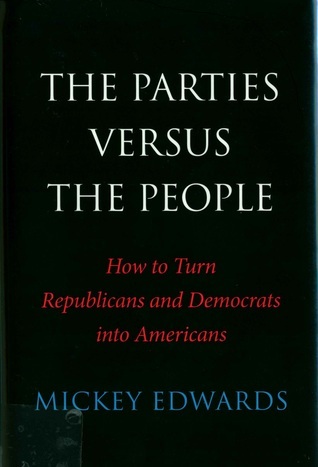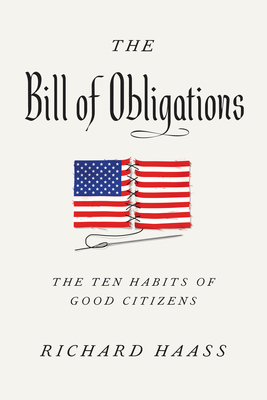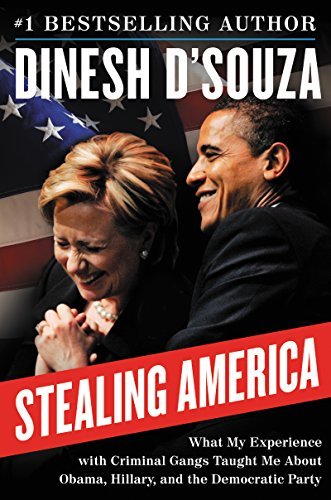
The Parties Versus the People: How to Turn Republicans and Democrats into Americans
Book Description
Amid a political battleground where loyalty to party often overshadows the voice of the people, a clarion call for unity emerges. Mickey Edwards unravels the intricate web binding Republicans and Democrats, exposing how both parties have strayed from their origins, leaving citizens in the shadows. With razor-sharp insights and compelling narratives, he urges a transformation from partisan allegiance to American identity. The stakes are high: can a fractured nation find common ground before it's too late? Dive into this urgent exploration of democracy and discover what it truly means to reclaim the American spirit. Is it possible to bridge the divide for the common good?
Quick Book Summary
"The Parties Versus the People" by Mickey Edwards examines the divisive nature of America's two-party system, arguing that hyper-partisanship undermines the core tenets of democracy. Drawing on his long career in politics, Edwards explains how rising loyalty to Republican or Democratic parties has eclipsed civic responsibility and diluted the voices of American citizens. He traces the historical evolution that led to today's polarized environment and reveals mechanisms within elections, congressional rules, and media coverage that foster an "us vs. them" mentality. Edwards passionately contends that this environment stymies cooperation and destroys trust in government. He offers actionable reforms, such as neutral primary elections and open redistricting, to reduce party influence. Ultimately, Edwards calls for renewed allegiance not to parties, but to the shared national good, challenging readers to reclaim what it truly means to be American.
Summary of Key Ideas
Table of Contents
The Evolution and Dangers of Partisanship
Mickey Edwards begins by dissecting how partisanship has evolved from a minor aspect of American politics into a dominating force, overshadowing the collective voice of the people. He describes the founding vision of a government accountable to its citizens, not rigidly divided by political parties. Over time, however, loyalty to party elites and platforms has overtaken a focus on policy or principle, transforming political debates into zero-sum battles. Edwards asserts that many Americans now identify primarily as Republicans or Democrats, forgetting the core purpose of governance—serving the people.
Structural Incentives Fostering Division
The book explores systemic incentives that deepen the political divide. Edwards analyzes how primary elections, gerrymandering, and party-controlled legislative procedures funnel candidates and elected officials toward ideological extremes. He highlights the closed nature of primaries and the manipulation of district boundaries as ways partisan groups secure safe seats, ensuring that a small, highly motivated base wields disproportionate power. This, in turn, amplifies polarization within Congress and across the nation.
The Effects of Partisan Politics on Governance
Edwards details the practical effects of partisan politics on the functioning of government. He provides examples from Congress and state legislatures, where party leaders control committee assignments, legislative agendas, and even access to campaign funding. This top-down discipline makes bipartisan collaboration risky for lawmakers, who face potential retribution for deviating from party lines. The result, he argues, is legislative stagnation, declining public trust, and policies shaped by narrow interests rather than national consensus.
Proposals for Reforming the Political Process
To break the cycle of hyper-partisanship, Edwards proposes specific reforms aimed at empowering citizens and diminishing party control. He advocates for open primary systems where all voters can participate, independent redistricting commissions to draw fairer districts, and rules that weaken the grip of party leaders in legislative bodies. Additionally, he calls for changes in the media’s approach to political coverage, urging a focus on issues rather than partisan conflict.
Reclaiming American Identity Over Party Loyalty
Ultimately, Edwards urges a shift in civic identity—from party loyalist back to engaged American citizen. He challenges readers to demand more from institutions and themselves, prioritizing common ground and shared values over adversarial party labels. Edwards maintains that rekindling the American spirit of unity is both necessary and possible; it requires reform, but also a collective reaffirmation of democratic principles. By elevating citizenship above party, he believes Americans can restore faith in their system and reclaim a government that serves all its people.
Download This Summary
Get a free PDF of this summary instantly — no email required.





